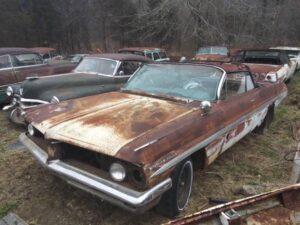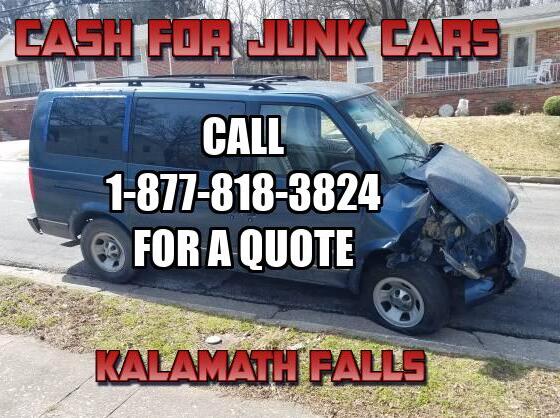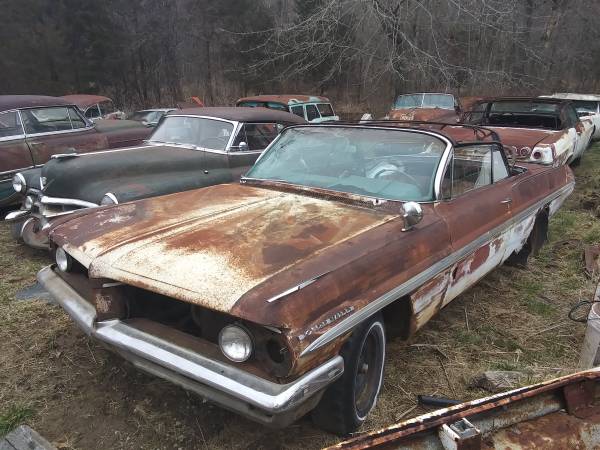
A “junk car” is commonly used to describe a vehicle that is no longer functional, roadworthy, or worth the repair cost. These vehicles are often old, damaged, or have significant mechanical issues that make them impractical to keep or fix. Junk cars can be an eyesore, take up valuable space, and potentially cause environmental hazards if disposed of improperly.
Characteristics of a Junk Car
- Non-Functional: Junk cars are typically in a state where they cannot be driven. This could be due to severe mechanical failures, such as a blown engine or transmission no longer working. In some cases, the cost of repairing these issues exceeds the vehicle’s value.
- Damaged: Extensive damage from accidents, natural disasters, or neglect can render a car junk. Structural damage, like a bent frame or significant body damage from rust or corrosion, often qualifies a car as junk.
- Age and Wear: Older vehicles with high mileage are more prone to becoming junk cars. Over time, the wear and tear on essential components can accumulate, leading to multiple failures that could be more economically feasible to repair.
- Failed Emissions or Safety Inspections: Cars must pass periodic emissions and safety inspections to remain legally drivable in many regions. Vehicles repeatedly failing these tests due to irreparable issues are often considered junk.
- Title Issues: Cars with missing, salvaged, or branded titles indicating severe damage or legal problems are often classified as junk. A branded title means the car has been deemed a total loss by an insurance company due to damage or theft recovery.
Disposal and Recycling
Disposing a junk car responsibly is crucial to minimize environmental impact and reclaim valuable materials. There are several ways to dispose of a junk car:
- Selling to a Junkyard or Salvage Yard: Junkyards specialize in buying non-functional or severely damaged vehicles. They may strip the car for parts that are still usable and recycle the remaining materials. This option often provides the owner with some monetary return based on the weight and metal content of the vehicle.
- Donating to Charity: Some organizations accept junk cars as donations. They either sell car parts or scrap metal to raise funds. Donating a junk car can also provide a tax deduction for the owner.
- Recycling Programs: Many communities have recycling programs specifically for vehicles. These programs ensure that cars are dismantled and recycled in an environmentally friendly manner, reducing the pollution and waste associated with traditional disposal methods.
Environmental Impact
If not disposed of properly, junk cars pose several environmental risks. They can leak hazardous fluids, such as oil, coolant, and battery acid, contaminating soil and water sources. These fluids can seep into the ground, polluting the soil and potentially reaching nearby water sources, posing a threat to plants, animals, and humans. Additionally, improperly discarded junk cars contribute to urban blight and can attract pests. The sight of abandoned cars can be unsightly and can negatively impact property values. They can also become breeding grounds for pests, such as rats and mosquitoes, which can spread disease.
Recycling junk cars helps mitigate these issues by safely handling and disposing of harmful materials. The metal components of a vehicle, such as steel and aluminum, can be recycled and reused, significantly reducing the need for new raw materials. This process conserves energy and resources, making it an environmentally responsible choice. From an economic standpoint, recycling a junk car can also be beneficial. When you sell a junk car to a recycling program, you can often receive a payment based on the weight and metal content of the vehicle. This can provide a financial return on a car that would otherwise be a financial burden.
Economic Considerations
From an economic standpoint, keeping a junk car is often impractical. The ongoing costs of attempting repairs, insurance, and registration for a vehicle that cannot be driven can outweigh any potential benefit. However, selling or donating a junk car is a more financially sensible option. Not only does it free up resources for a more reliable vehicle, but it also provides a potential monetary return or tax deduction, depending on the disposal method chosen.
In conclusion, a junk car is a vehicle that has outlived its usefulness and is no longer worth the investment to repair or maintain. Proper disposal through selling, donating, or recycling alleviates the burden on the owner and benefits the environment and community.
To get a quote for your junk car, contact us today by calling (503) 810-3061 or click here to connect with us online.


Leave a Reply